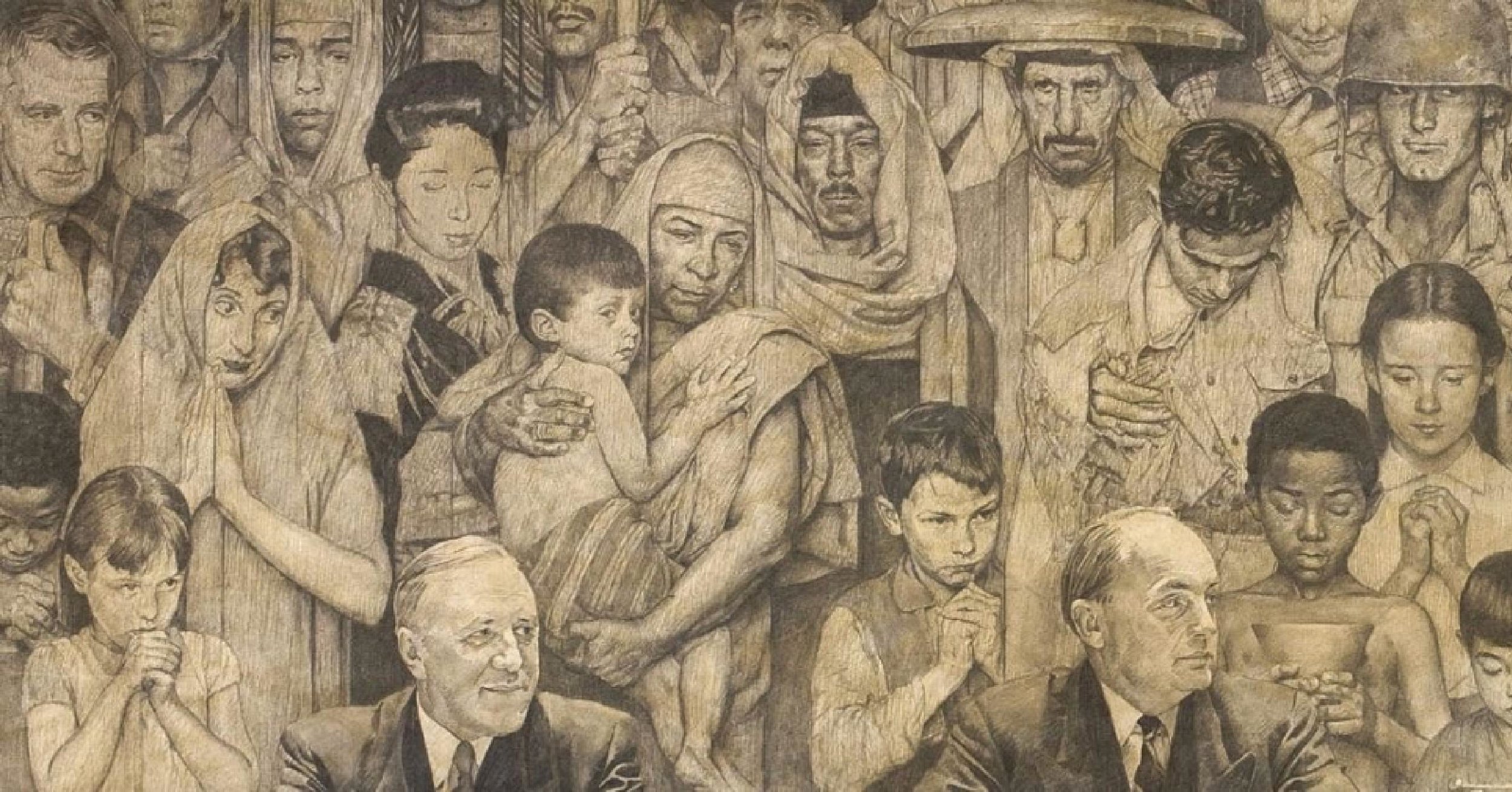Notes for Dec. 17, 2017
Luke 1:39-56
Biblical Background
The Journey – Mary’s trip from Nazareth to the hill country of Judea to see Elizabeth would have taken between 3-5 days. Typically, unless you traveled with a group of people, the trip could be dangerous due to bandits. Think the story of the Good Samaritan. Mary was courageous to make this journey whether she traveled by herself or with a caravan of people.
Baby leaps in the womb – The Hebrew people believed that the fetus was a person and able to feel and respond to external stimuli. The baby’s jumping in the womb symbolized the joy of the moment.
Elizabeth filled with the Holy Spirit – prior to Pentecost in the NT, very few people were filled with the Holy Spirit – only chosen, special people – this marks the magnitude of this event. Of course the good news is that after Pentecost, the Holy Spirit comes into the heart of every new follower of Jesus.
The Magnificat – this song of praise by Mary gets its name from the Latin Vulgate version of the Bible in which the first line of the song is, “Magnificat mea anima” – “My soul doth magnify.” The song uses the poetic style of the Hebrew Scriptures and is resembles very closely the prayer of Hannah who gave birth to Samuel. See 1 Samuel 2:1-10. You may want to compare these two passages of Scripture.
The poor and humble lifted up and fed – Notice the paradoxical nature of the kingdom of God. Jesus comes to life up the poor and the humble while the rich and the powerful are sent away empty and are brought down. This reflects the warnings that Jesus Himself gives to people about the dangers of allowing wealth and power to consume you and lead you away from the ultimate blessing of knowing Him.
49-50 – these verses are drawn from Psalm 103:17 which points out God’s fidelity in spite of human weakness, to those who put their trust in Him.
God’s faithfulness to Israel – 54-55 emphasize that God is faithful to the promises that He made to Israel – the descendants of Abraham.
Mary would have seen John the Baptist’s birth – Since Mary arrived when Elizabeth was about 6 months pregnant and stayed for another 3 months, it is assumed that Mary was present for John the Baptist’s birth, the cousin of Jesus, before returning home to Nazareth.
Safe refuge for Mary – Being pregnant out of wedlock was greatly frowned upon and accusations of adultery, fornication, infidelity would have been assumed. If Joseph hadn’t decided to stand by Mary’s side, she would have faced great difficulties as a single mom. Even so, it would still be assumed that she and Joseph had sinned and had sexual intercourse outside of marriage. Having some time away from Nazareth both protected Mary from the accusations and gossip of people in her home town, but also gave her the chance to be mentored by the older and wiser Elizabeth.
Discussion Questions
Following Gabriel’s announcement to Mary that she is going to conceive and give birth to the Messiah, why does Mary “hurry” to the hill country of Judea? Who does she run to? Why does she choose to go to the home of Zechariah and Elizabeth?
Why is it important that the baby within Elizabeth (John the Baptist) leaped in her womb upon the greeting of Mary?
What does it mean that the baby in the womb was “filled with the Holy Spirit?” What are some of the implications of this in thinking about human life in the womb?
How does Elizabeth bless and encourage Mary, who has run to her from Nazareth?
How is Mary’s faith serve as a model to you in your relationship with the Lord?
In Mary’s song, what does she praise God for?
Discuss the contrasts in verses 51-55 of the song. Who are the “rich,” “rulers” and the “proud”? How can we avoid being these kinds of people?
What does this song say about the character and power of God?
How would you describe Mary’s feelings and beliefs about God?
If you were to write a song like Mary’s, what would you include in it? What themes would stand out? Why?
How does Jesus fulfill Mary’s song?
What songs could you sing to God in response to the good news that He has brought to you? Take some time this week to write some music or the lyrics to a song – a poem – or some other creative means of expressing your thanksgiving and joy.



